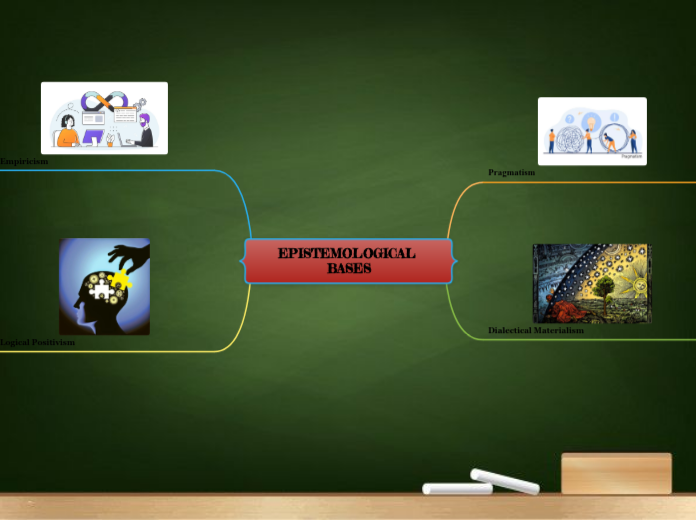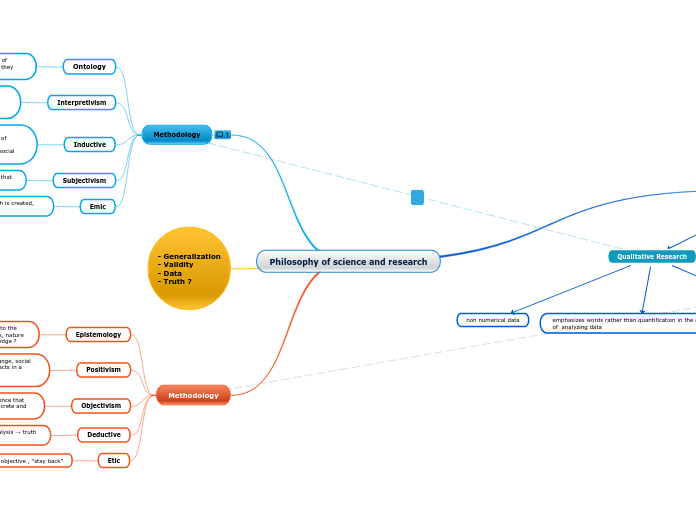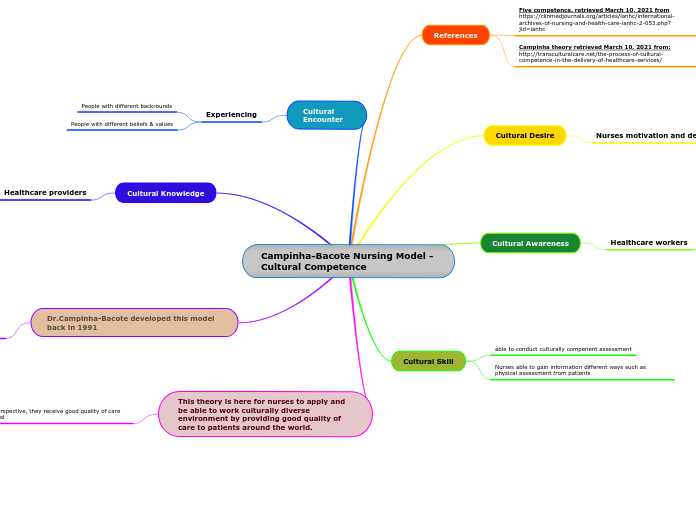av GORKI JAIR NAVARRETE REVELO 1 år siden
93
EPISTEMOLOGICAL BASES
Various epistemological bases inform the production of knowledge, each with distinct perspectives. Dialectical materialism views knowledge within specific historical and social frameworks, highlighting the dynamic relationship between ideas and material conditions.









